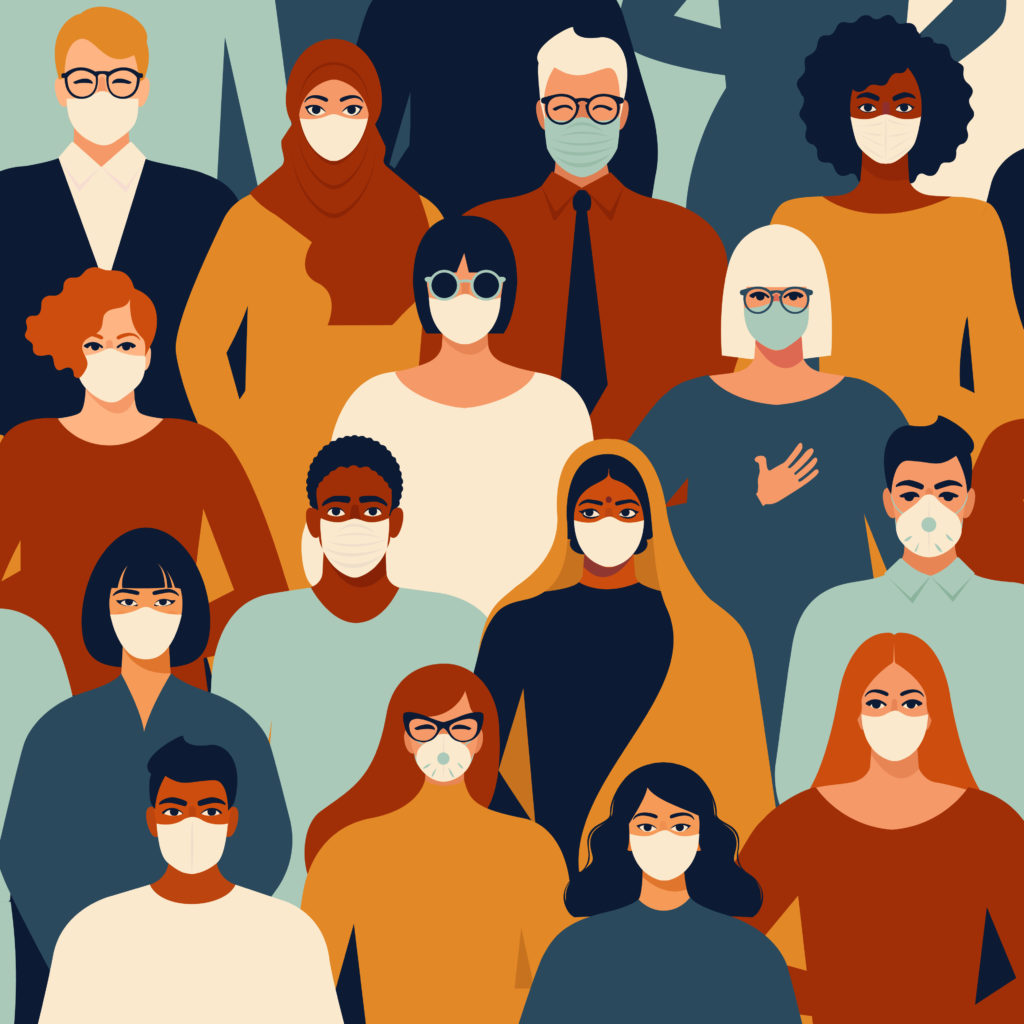How the coronavirus pandemic will affect the future of everything

This editorial is the introduction to The World After COVID-19, a special project that explores how the pandemic might remake our world.
COVID-19 has changed a lot of things about ourselves, our world, the things we do and the people we love. Amid all the doom and gloom of the ongoing global pandemic, it can be difficult to take a step back and consider the bigger picture.
The virus’s potential lasting, long-term consequences are myriad and far-reaching.
That is why, for our final special project of the year, we decided to take a look at how COVID-19 has changed us: transforming how we live and work, changing everything from academic freedom on campus to our perception of time, and impacting sports and travel, vaccine production, politics, and the rental housing market.
In this issue, we explore what the world after COVID-19 might actually look like.
“Maybe COVID-19 is the world’s way of telling us to slow down and appreciate what we have,” writes the Ryersonian’s Kayla Empey in her piece on how the virus has changed us. It has also distorted our experience of time. For some, these days feel longer. For others, they whizz by.
The pandemic has deeply impacted the live entertainment sector, from musicians and concert venues to actors and theatres, that — amid a sea of trouble and no solid timeline for a safe return to in-person events — are trying their best to find creative ways of staying in business while continuing to do what they love.
COVID-19 has exposed Toronto’s environmental inequality and driven the city — Ryerson included — to invest more in cycling infrastructure and public spaces. It has also effectively lowered the cost of rent in Toronto — but for how long? Some experts think this trend might last, while others are less optimistic.
In the midst of the school’s sudden shift to online learning, Ryerson embraced the use of Zoom. While some experts have questioned the video conferencing platform’s privacy, security and history of academic censorship, others think remote learning is preparing students well for the future of work.
Forced off the court, Rams athlete and U Sports All-Rookie Team member Jasmine Rivest reflects on a lost volleyball season and the future of university sports.
Although it remains difficult to tell when things will return to normal, promising early results from clinical trials suggest that the COVID-19 vaccines will be some of the fastest ever developed. They have also highlighted the importance of pandemic-readiness, vaccine storage and distribution infrastructure, as well as the potential of messenger RNA (ribonucleic acid) technology going forward.
COVID-19 could even lead to a more progressive Canadian society, according to journalist and recent Ryerson graduate Ethan Lou, who found himself watching the pandemic take shape first-hand during what began as a simple vacation in China.
Although the future might seem pretty bleak right now, we found some things to look forward to. We hope you can, too.
—Josh Scott (business editor) and Emily Peotto (features editor)
